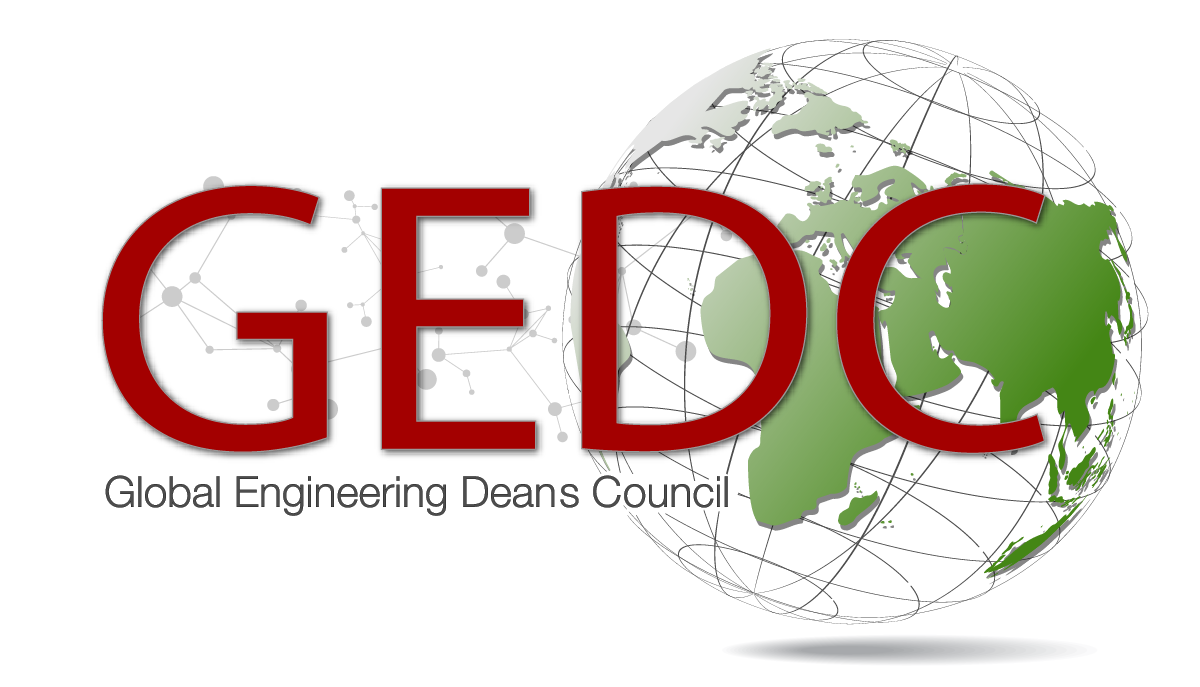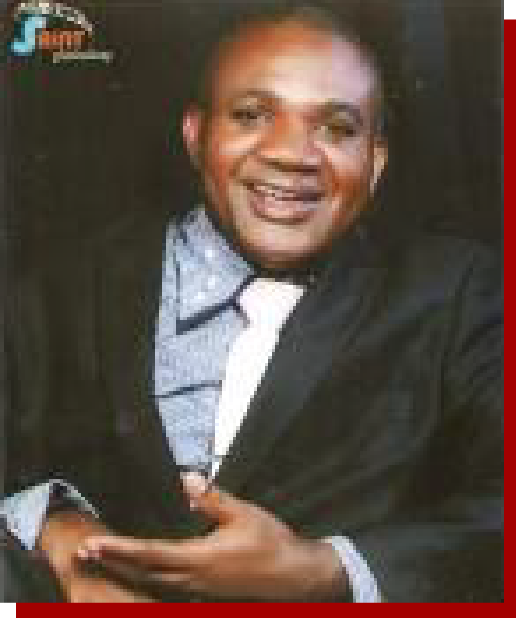How would you characterize the current relations between Ambrose Alli University and the Corporate and Industry world? What are some projects you are implementing with local companies?
The relationship between Ambrose Alli University and the Corporate Industrial World is robust in the context of the Nigerian educational environment. The university has relationship with the Central Bank of Nigeria (CBN), that is constructing a new high-profile Faculty building for the Faculty of Engineering, including staff offices, classrooms, laboratories and workshops. The CBN is also sponsoring the renovation of the Faculty of Law and provision of stand-by generators in response to electricity challenges in the university. There is also a relationship with the Nigerian Communications Commission (NCC). They provided 110 laptops, 27 desktops, a 27kva generator and broadband connectivity and subscription to the Department of Electrical and Electronics Engineering. Another Corporate Group, NASENI (National Agency for Science and Engineering Infrastructure) donated workshop equipment, including lathes, drilling and milling machines, furnaces etc worth more than $4million to the Faculty of Engineering. Again, PHCN (Power Holding Company of Nigeria), donated some voltage and current transformers, isolators, circuit breakers and insulators for the training of Electrical Engineering students. Some projects we are implementing with local companies include;
- Fabrication of zinc oxide varistors
- Manufacture of prototype solar powered car
- Fabrication of wind turbine for power generation
- Renewable energy research in wind and solar, particularly in the development of PV cells from local materials
Can you share with us some of the approaches that Ambrose Alli University is implementing in order to sustain growth in its Engineering College and retain a constant growth of its student body in addition to ethnic and gender diversity?
The University recently started a new programme in the Faculty of Engineering – Materials and Metallurgical Engineering bringing to five the number of programmes run in Engineering. Some few staff were added last year to beef up the staff strength. The Faculty of Engineering has always had an over-subscription of candidates for admission at both undergraduate and postgraduate levels. So, strict conditions are put in place to restrict admission. The admission policy particularly makes room for ethnic diversity. The issue of gender diversity is also addressed. Any female who scores up to the cut-off mark in the admission screening examination is usually given preference.
What are some of the overall challenges that your institution faces?
The major challenges the institution is facing are funding and staffing.
What are the main areas of research in Engineering and Technology at your institution?
- Broadband penetration and internet connectivity challenges in Nigeria
- Intelligent systems for electric power industry- intelligent metering, billing, fault detection and response, etc.
- Smart materials, biomimetics.
- Researches in Road construction and durability
- Structural Stability of buildings, bridges and towers
- Researches in renewable energy
- Researches in alternative systems in the propulsion of transport vehicles
What are your top five priorities as a dean and where do you plan to take the Faculty of Engineering five years from now?
- Proactive networking and collaboration with industries in research, equipment and training
- Improvement and innovations in methods of teaching and knowledge delivery
- Staff recruitment to match student population
- Fund drive from Corporate Organizations and Alumni bodies
- Staff and students welfare and enthronement of sustainable congenial working and learning envrionment.
In the next five years, I hope the Faculty of Engineering would have
- Additional Departments and programmes in response to emerging frontiers of knowledge
- The new Faculty Building being constructed by CBN would have been commissioned, resulting in great improvement in facilities for working, teaching, research and learning
- To make the Faculty a center of excellence in at least two areas, particularly in renewable energy, and materials engineering.
As the Co-Chair of the upcoming African Engineering Deans Council Summit in Addis Ababa this September, what are some key goals you hope to fulfill during the summit?
As the Co-Chair of the upcoming African Engineering Deans Council Summit in Addis Ababa, some key goals I hope to fulfill during the summit include;
- Establishing a firm relationship between AEDC and GEDC with an aim to facilitate AEDC becoming a chapter member of GEDC.
- Launching and inauguration of EEDC, Ethiopian Engineering Deans Council
- Holding AEDC Exco meeting to examine the draft AEDC logo, letterhead, membership form already prepared and the efforts to develop a website and formally register AEDC with corporate affairs commission.
- Development of strategic partnership and collaboration between African Engineering Educators and NAE of US, and corporate organizations from India and other countries outside Africa.
- Determination of the country to host next GEDC/AEDC Summit in 2016.
- Appraisal of the journey so far for AEDC and strategies moving forward; developing an action plan for the next five years.
In your opinion, what are some of significant issues/topics that ought to be addressed by the global engineering community and particularly by Engineering Deans, in order to further strengthen inter regional communication and continue to globalize this field of study?
- Poverty reduction. Engineering and Technology are knowledge tools that should be harnessed and deployed to tackle poverty globally and reduce human misery.
- Access to affordable, stable and reliable energy globally from renewable and sustainable energy sources.
- Development of affordable, accessible and easily deployable educational tools, kits and systems to enhance global literacy, improve skills and impart necessary knowledge for innovation, creativity and empowerment.
- Engineering Deans at the global level would need to develop strategic partnerships with major corporate organizations for sustainable funding to support global engineering deans’ activities and programmes. The annual meetings of GEDC will certainly need to be rotated among the various continents of the world in order to maintain strong inclusiveness.
- The Committee of Deans of Engineering and Technology of Nigerian Universities [CODET] will continue to play a motivating and mobilizing role to help to establish Engineering Deans Councils in many countries across Africa. It will partner with these Deans Councils to help raise the bar and update, upgrade and uplift engineering education across Africa.
- The African Engineering Deans Council [AEDC] will serve as facilitator to the establishment of Deans Councils in the many countries of Africa. It will help to galvanize efforts towards the improvement of Engineering Education in Africa. It will also help in the deployment of appropriate teaching and learning tools in engineering educational institutions across Africa in order to position Africa to play an important role in global engineering and technology.
AEDC will collaborate through the GEDC network with other regional/continental Deans Councils for cooperation, collaboration and partnership.

